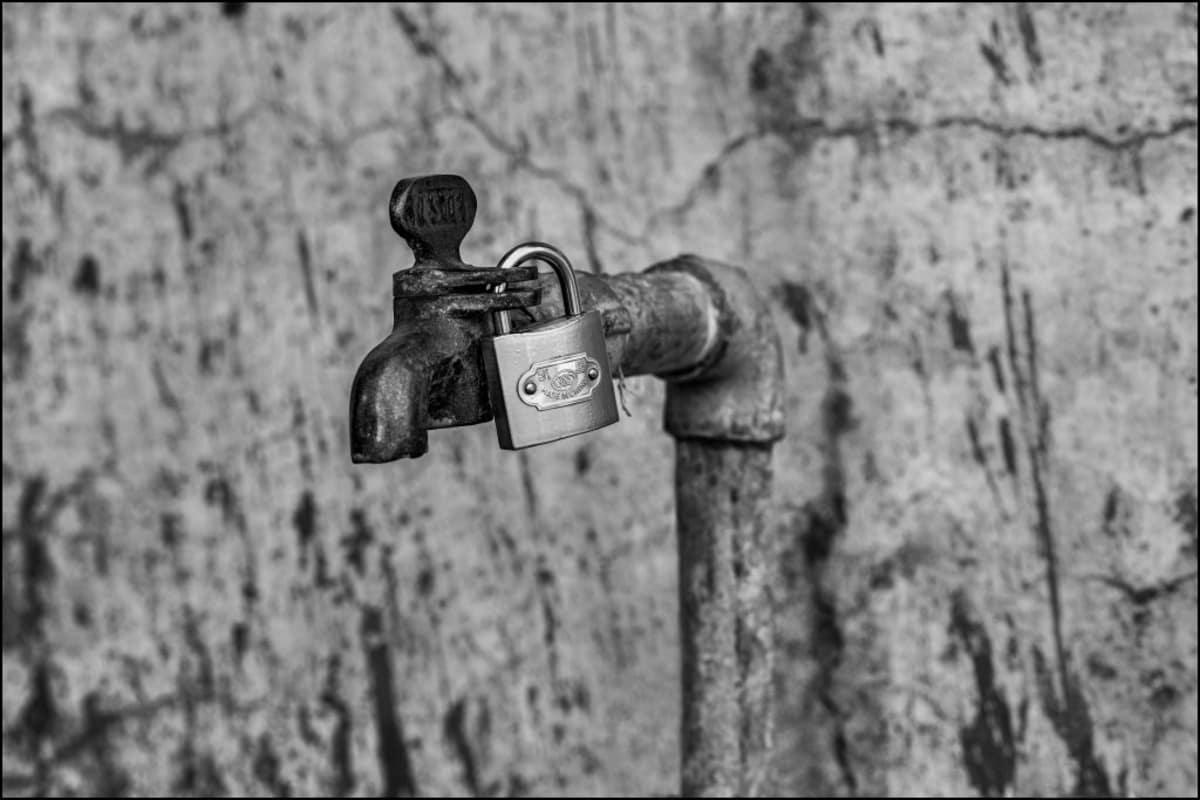
Local authorities in Bhopal have intervened to prevent the sale of 3,000kg of water chestnuts harvested from a local pond used as a dumping ground for toxic waste after activist groups reported the issue, according to an article in the Hindustan Times last week. The pond, known to locals as “zehreela talaab” (“toxic pond”), covers 5.82 acres of land and was used as a ‘solar evaporation pond’ for the Union Carbide factory, located just 1.5 kilometres away. It is believed that several tonnes of methyl isocyanate, the deadly gas that leaked from the factory and killed thousands in 1984, was dumped unto the pond in the decade prior to the disaster.
The land on which the pond stands is owned by Atul Sharma, cousin of BJP MP Anurag Sharma from Jhansi. Sharma originally leased the land to Union Carbide for use by the factory site, before entering into a 19-year legal battle for it’s return after the disaster. The land was eventually returned to him by a ruling of the Bhopal courts in 2003, three years after the sale of Union Carbide to the DOW Chemical Company. In 2o13, Sharma attempted to carry out plans to fill in the pond and construct a fresh housing colony on the land, but survivor groups brought a movement to the Supreme Court to prevent the project, citing the toxic nature of the pond. According to the Hindustan Times, “In an affidavit to the Supreme Court in 2013, the state government said that a sub-divisional magistrate had prohibited Sharma from carrying out any commercial activities on the land under Section 133 of the Code of Criminal Procedure. The matter is still pending before the court.”
However, earlier this year, Sharma rented the land to two local farmers, Satish Ricchariya and Deepak Raikwar, for ₹25,000 (£250) a year. The two farmers began growing water chestnuts on the pond and recently began harvesting them for sale in the city, at which point activists intervened fearing that the produce is likely to be toxic. A total of 17 toxicity studies have been carried out on the pond since the disaster in 1984, by bodies including the National Environmental Engineering Research Institute, Indian Institute of Toxicology Research, Centre for Science and Environment, Greenpeace, Central Pollution Control board, and the State Pollution Control Board. Each study has revealed the continued presence of dangerous levels of toxic chemicals and heavy metals in the water.
“The most recent study conducted in 2017 by Indian Institute of Toxicology Research revealed that chemical oxygen demand (COD) was far beyond the permissible limit. COD test is done to measure the amount of organic pollutants in water. The other studies revealed the presence of six persistent organic pollutants, heavy metals and toxic chemicals in the soil and groundwater. How then are these people being allowed to do farming at the main spot of toxic waste? They are putting the lives of people in Bhopal at risk if the chestnut enters the market,” said Rachna Dhingra of the Bhopal Group for Information & Action.
After complaints to local authorities by the Bhopal Group for Information & Action and other activist organisations, the district administration intervened to prevent sale of the chestnuts. In a statement, Bhopal district collector Avinash Lavaniya announced that in addition to preventing the sale of the produce, they would also clearing all chestnuts and fish from the pond and fencing it off with a warning about its toxic contents. The Bhopal Municipal Corporation have also announced they will serve a notice to owner of the pond Atul Sharma due to the court ruling to prohibit commercial activities on the land. They have also urged him to provide compensation to the farmers, Ricchariya and Raikwar, who were forced to take out a loan to begin the venture and are now in debt. The two report that Sharma has so far not responded to their requests for a refund.


